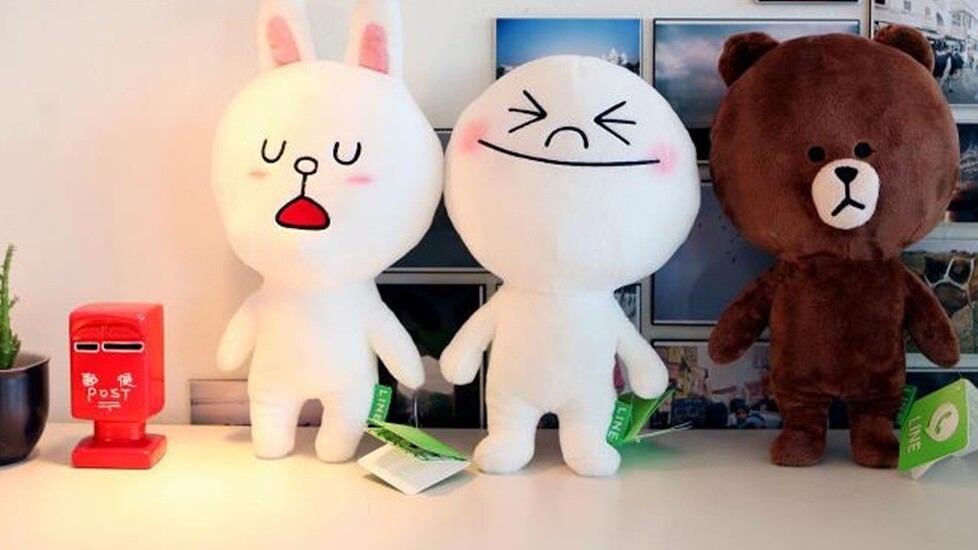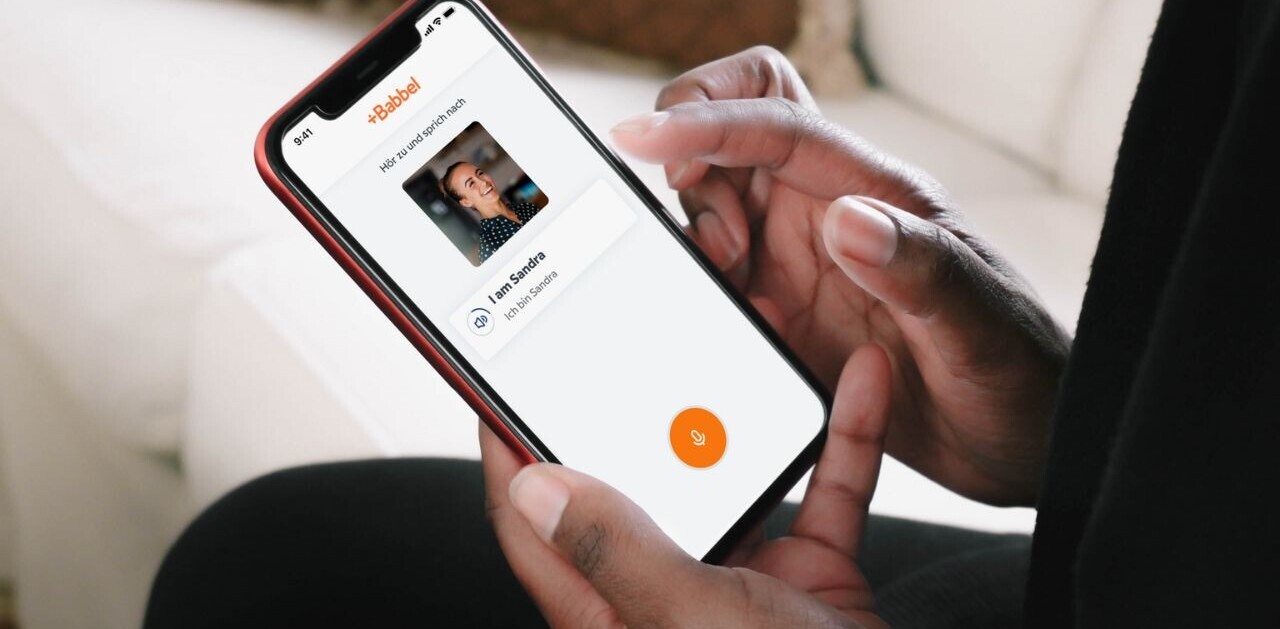
We’ve been saying for some time that mobile messaging is a huge business in Asia and there’s yet another proof point as Line, a popular chat app produced by the Japanese arm of Korea’s Naver, hit 100 million downloads, just 18 months after launching. Apps like Line are becoming the main communication hub for the average smartphone owner in Asia.
The app has been top of the App Store in 41 markets and has users in 231 countries worldwide. Naver says it is seeing an impressive 600,000 new signups per day.
The company had not been shy communicating the fact that it was closing down on the landmark figure, and it opened a dedicated countdown page to see in its 100 millionth registered user. Line has put considerable effort into expanding beyond its homeland of Japan. In a bid to conquer Southeast Asia it added support for BlackBerry, while it launched in China in December and partnered with rap star Snoop Dogg to take on America. However, Facebook’s move to introduce voice calling is likely to make expansion out of Asia more difficult.
More than just another hyped-up marketing milestone, this news is another clear indication of the rise of smartphones and the influence that dedicated chat apps are having.
Line’s China-based rival WeChat clocked its 300 millionth download this week and together with Line and Korea-based KakaoTalk — a little further behind at around 75 million downloads — the three services are redefining how people in Asia interact with each other on their smartphones.
Not only those in Asia turning to chat apps ahead of SMS, but messaging via Facebook, Twitter and email seem a hassle compared to real-time IM chats. Unlike WhatsApp, Kik and other Western services, Line and co have gone beyond text. The apps more functionality, such as voice and video calling for users, but another critical area is monetization. Line and KakaoTalk have games centers which are beginning to generate significant revenues; WeChat has largely focused on growing its userbase but it will introduce mobile payments this year, and is trialling Siri-like features and other non-messaging services.
Facebook this week began the rollout of voice messaging for its Messenger app and, disruptive as that could become, right now the Facebook client is much less sophisticated than its competitors in Asia. So while the revised Facebook Messenger is likely to be a hit with many in the West, its potential for success is less certain in Asia.
Here’s a video for those with an affinity for the cartoon characters that front the Line brand:
Headline image via Line/Facebook, other image via Naver
Get the TNW newsletter
Get the most important tech news in your inbox each week.





